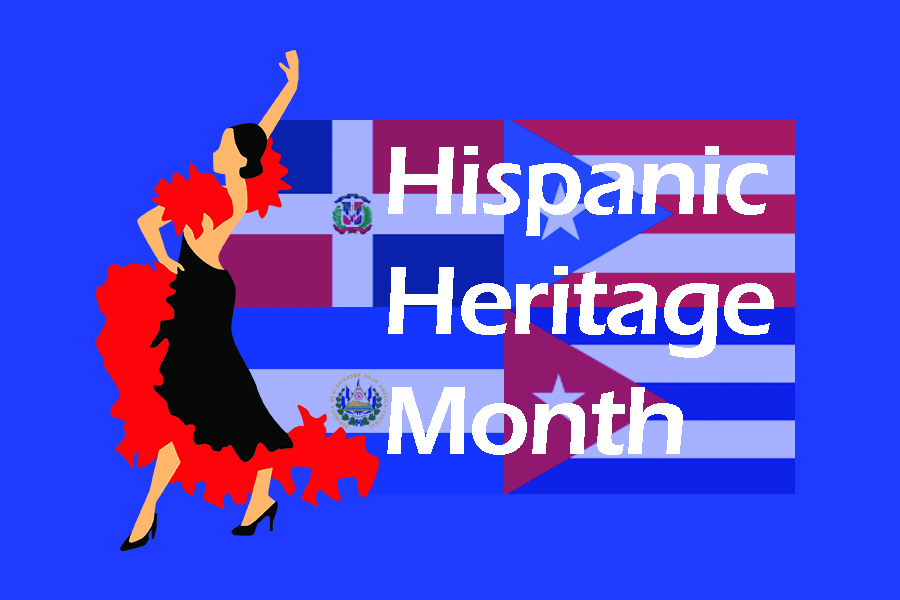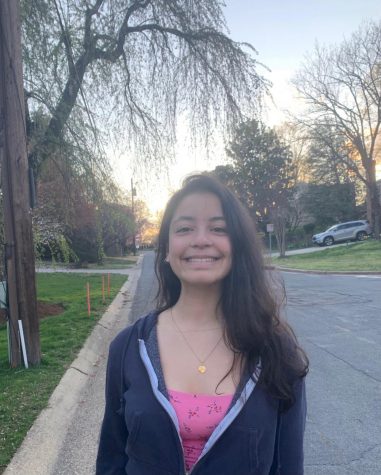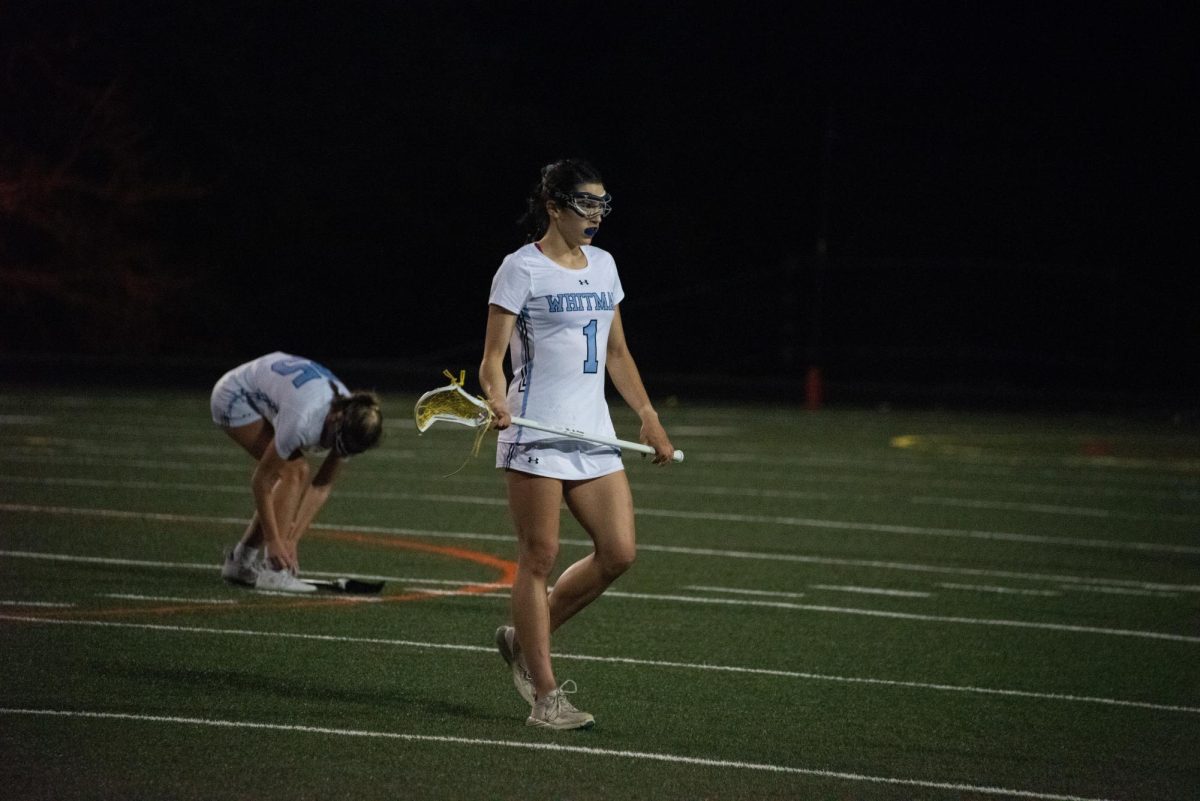Hispanic Heritage Month celebration gives Latinx community a platform to honor their culture
This is the first year the Minority Scholars Program is celebrating Hispanic Heritage Month, which lasts from September 15 to October 15.
October 2, 2020
The number of participants steadily ticked upwards on the Zoom meeting screen. When the clock finally hit 3:30 PM on September 22, Junior Sara Hayes clenched her teeth — would she still be able to compellingly share her Puerto Rican heritage with her audience virtually rather than in person? Regardless of the answer, Hayes was eager to use the opportunity to educate the Whitman community about her underrepresented culture and ethnicity.
The Minority Scholars Program held Whitman’s first annual Hispanic Heritage Month celebration to promote recognition of Hispanic culture. The celebratory month began on September 15 and will end one month later on October 15.
In 1968, President Lyndon B. Johnson declared the week of September 15 Hispanic Heritage Week. In recent decades, the tradition has expanded from a single week into a month-long celebration of Hispanic culture and individuality, hailing the accomplishments of the American Hispanic communities.
Christina Limansky, co-president of Whitman’s MSP, believes that it is still critical to honor and celebrate this month, even amidst a pandemic.
“Not only does Hispanic Heritage Month honor important Latinx and Hispanic figures and cultures, but it also recognizes the past and current struggles of these communities in the US,” Limansky said.
Bringing minority groups’ experiences into community conversations is one of the main purposes of MSP in Montgomery County, Limansky said. In an effort to encourage MCPS students to acknowledge and appreciate cultures other than their own, the club invited the entire Whitman community as well as students from different public schools in the county.
Junior Diego Quijada, a Latino student from El Salvador, helped present the event and share his pride for his culture.
“I’m not always going to be a student at Whitman, a Bethesda resident, or a football player, but I’ll always be a Latino,” he said. “To have the opportunity to display my pride for my home country was something I was really excited to be a part of.”
Countries like El Salvador are primarily perceived by some Americans as dangerous and third world, Quijada said. Quijada’s presentation tried to combat these one-dimensional, overly simplifying views.
“The food, the people, the culture, and the land were the things that I really wanted people to acknowledge in my presentation,” Quijada said.
Cate Navarette, a junior who participated in the event to portray her country of Cuba, invited her aunt Lisa Navarette to speak. Lisa works at UnidosUS, a nonprofit organization that advocates for Latino and Hispanic rights in the United States.
“Latinos are three times as likely to get COVID-19 and twice as likely to die from it because of long-standing systemic inequalities,” she said. “Hispanics and Latinos are historically a group that lacks access to quality healthcare.”
During the presentation, a popular point of discussion was how the upcoming presidential election will impact the Hispanic community. One of the most pressing issues in Lisa’s work is ensuring that younger Hispanics will exercise their right to vote. UnidosUS believes that the outcome of the general election will have direct and fareaching effects on the rights of the Hispanic and Latino communities, she said.
The audience was also interested in experiencing the traditions, cuisine and prosperity of these cultures; many students rarely see Hispanic culture displayed by the media or their school.
Ashley Sosa, a junior from the Dominican Republic, entertained the audience with a video of a traditional dance from her home country, Merengue.
“If there is one thing my country specializes in it is Merengue — everyone in the Dominican Republic knows the dance,” Sosa said. “The dance, which involves a lot of shuffling and dragging your feet, was created by slaves from the island who had their feet chained, so they couldn’t lift them too much but still found a way to dance.”
After the event, an anonymous spectator commented about how Sosa was the first person whom they had heard discuss Merengue; the commenter was touched by the beauty behind the story of the Dominican traditional dance.
Nathaly Lobo, MSP’s club sponsor and Whitman administrator, recounted her experiences attending Montgomery Blair High School as a Latino student.
“I didn’t know too much about my Salvadoran history,” she said. “I had to search for the history of my country and Hispanic immigration, struggles in America, all those things I never learned in school growing up.”
Amidst the rise in coverage and activism for the Black Lives Matter Movement this past summer, Whitman experienced racist incidents directly on campus and subsequently a dramatic increase in MSP allyship — where non-minority students help show support for the people of color at Whitman. By organizing Whitman’s first Hispanic Heritage Month event, MSP is taking steps to spread inclusion and a more comprehensive cultural education at Whitman.
“Students must go beyond the stereotypical things that they think they know about a country to understand its culture,” said Quijada. “It’s super important to highlight that there’s more to your Latino and Hispanic peers than tacos and mariachi.”
Cate Navarrete is an opinion writer for The Black & White.









